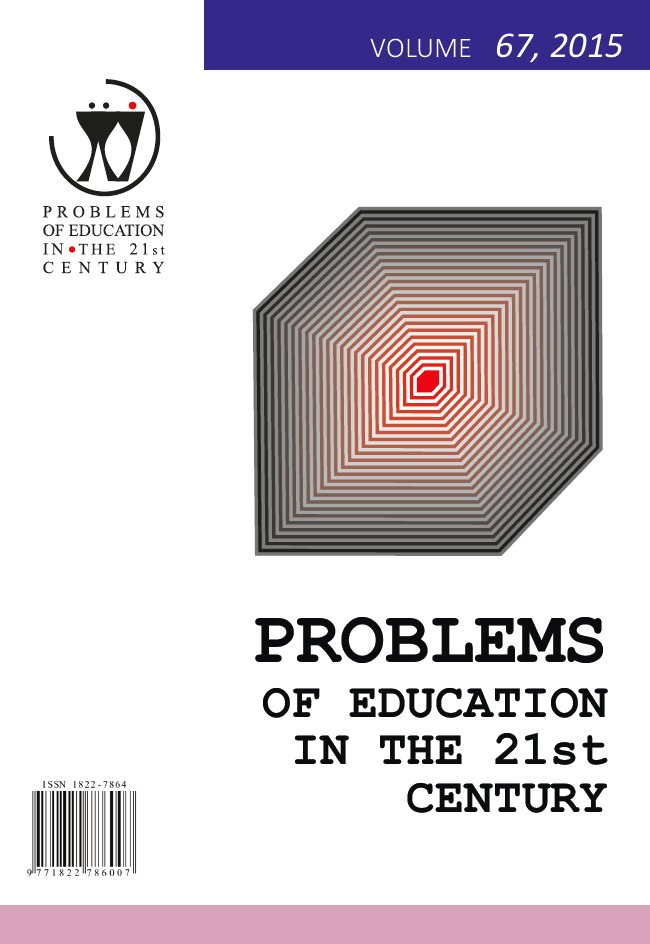LIFE SATISFACTION AMONG PEOPLE AGED 60 AND OVER, PARTICIPATING IN RESTRICTED SOCIAL NETWORKS IN POLAND: RELATED VARIABLES
LIFE SATISFACTION AMONG PEOPLE AGED 60 AND OVER, PARTICIPATING IN RESTRICTED SOCIAL NETWORKS IN POLAND: RELATED VARIABLES
Author(s): Agnieszka KozerskaSubject(s): Education, Adult Education
Published by: Scientia Socialis, UAB
Keywords: informal learning in the family; life satisfaction of older adults; social participation of seniors;
Summary/Abstract: From the perspective of adult education, the engagement of older people in developing relationships with other people is related to their learning and creating their identities. The research conducted in the areas of various countries shows a relationship between a social participation of seniors and their well-being. Moreover, participation in rich social networks, composed of many people, coincides with a high quality of life. The article focuses on senior citizens functioning in restricted networks (less numerous social networks, consisting of several people).The study is to serve three purposes: firstly, to identify determinants of a subjective assessment of own life of senior citizens living in restricted networks; secondly, to analyse a relationship between seniors’ subjective, general assessment of life and their opinion on what determines a successful and happy life; thirdly, to analyse the relationship between seniors’ subjective, general assessment of life and the ways they handle problematic situations. The analysis has been conducted on the basis of the data collected in 2013, available to the general public on www.diagnoza.com. The data was collected within the Social Diagnosis (Diagnoza społeczna) project. The objective of the Social Diagnosis is an investigation of the conditions and quality of life in Poland. It is based on panel research. A questionnaire has been used as a research tool. The article presents information regarding 5623 individuals, aged 60+functioning in restricted social networks in Poland. The Mann-Whitney U test and the two proportions test helped to analyse the differences between variable distributions. The results show that a poor social life of the elderly does not have to be linked with a feeling of loneliness. The group of individuals with a high level of general satisfaction is more satisfied with a relationship with the family (especially children) than the group with a low level of life satisfaction. The analysis confirms that good relationships with family and friends are an important predictor of life satisfaction of the elderly. Health is considered to be a condition of a successful life by seniors with a high level of life satisfaction, as well as relationships with close family members: with children and a spouse. This group of respondents shows more confidence in other people, by whom they feel loved and confided in. In difficult situations people with a high level of life satisfaction turn to others for help, but they also act themselves. Seniors with a low level of satisfaction differ from the previous group in these terms. These are people who do not feel confided in by others and they also hardly ever turn to others for help. In difficult situations they are more often passive. In conclusion, the author highlights the significance of informal learning occurring in families to enhance older people’s quality of life. It is important, especially in case of poorly educated persons with low incomes who often function in small social networks.
Journal: Problems of Education in the 21st Century
- Issue Year: 67/2015
- Issue No: 1
- Page Range: 29-39
- Page Count: 11
- Language: English

